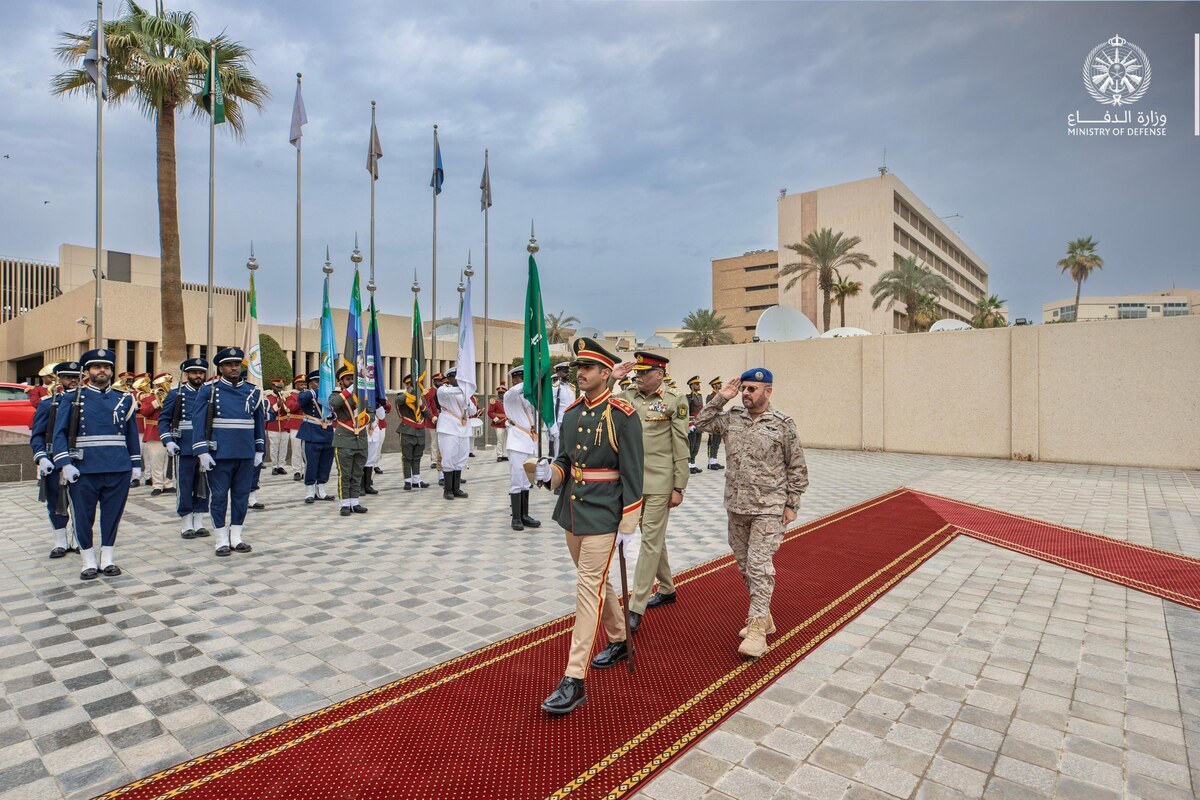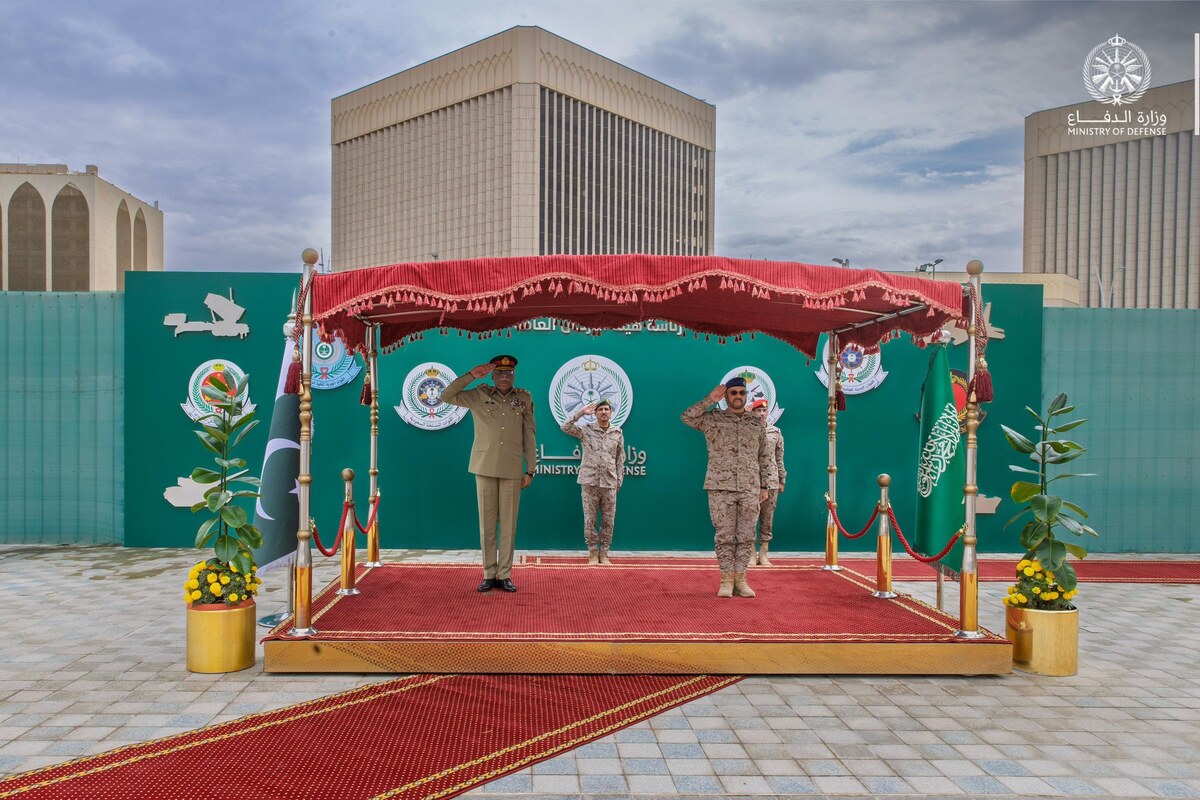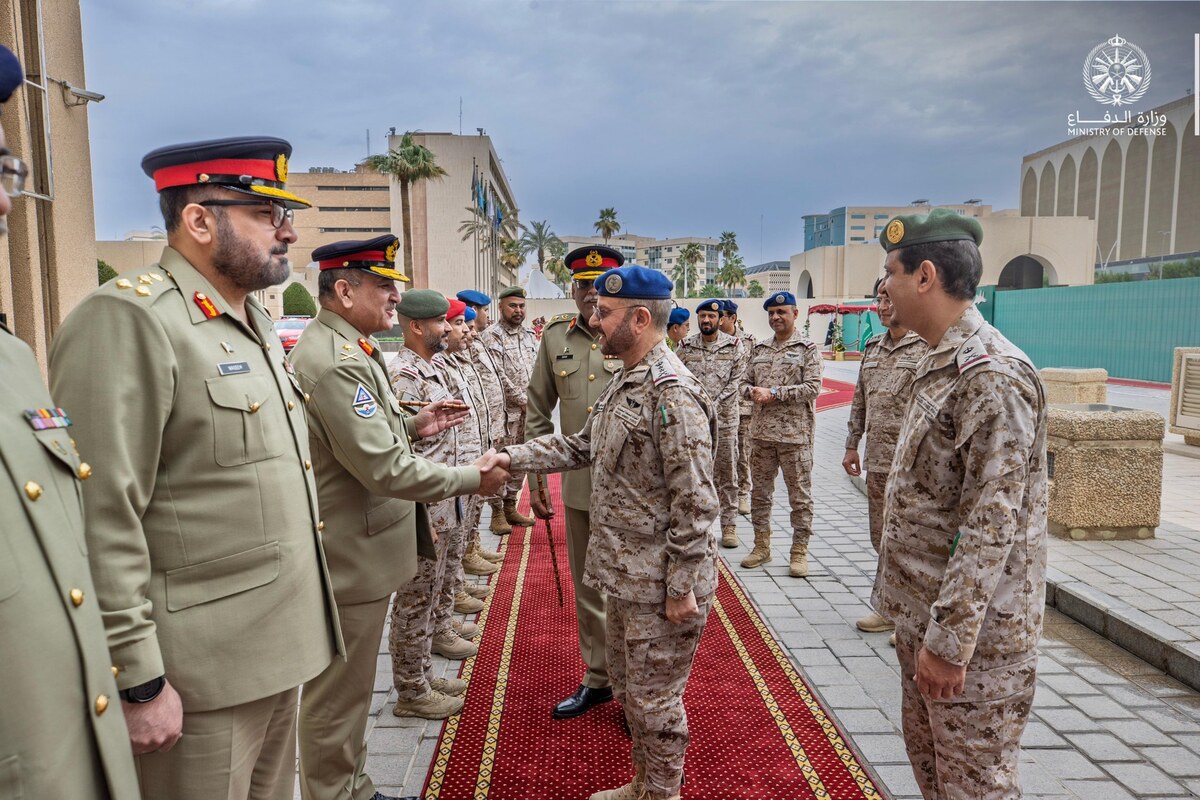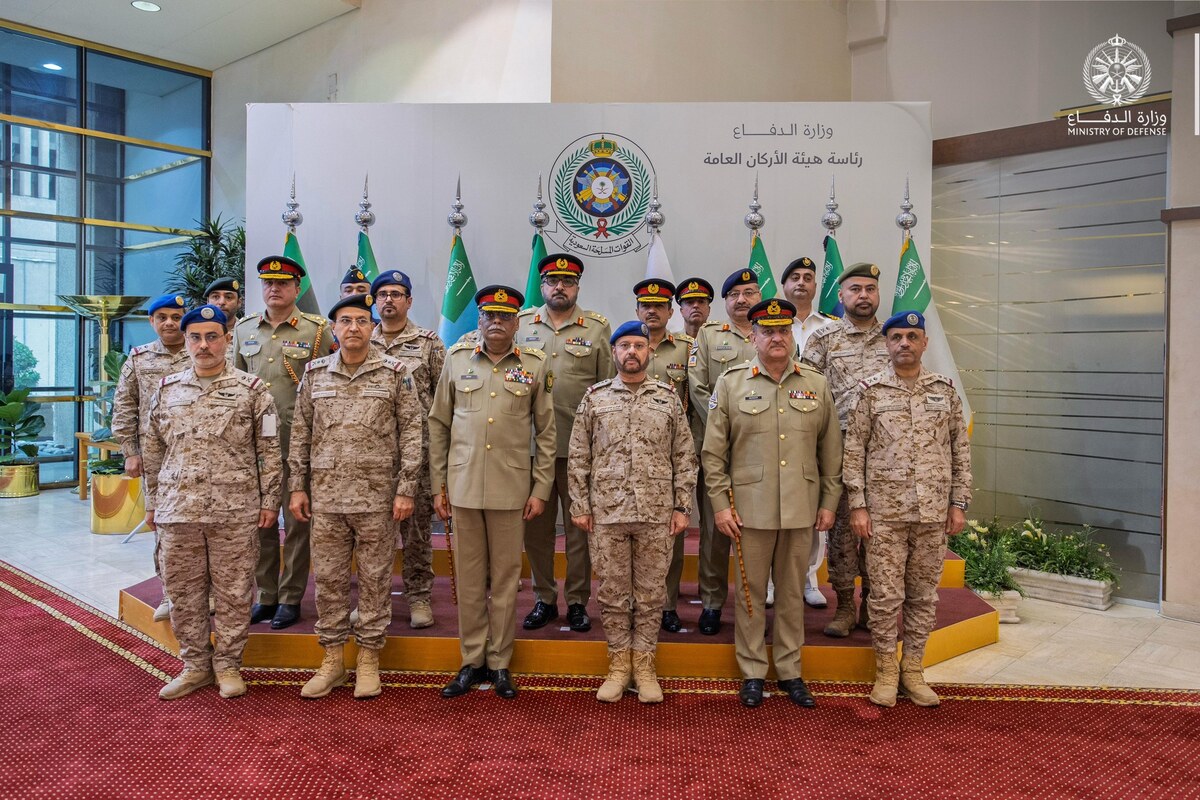ISLAMABAD: The International Monetary Fund (IMF) said on Thursday its talks with Pakistan were continuing virtually for a fresh loan program to help the South Asian country stabilize its fragile $350 billion economy.
The IMF opened discussions with Pakistan on a new loan program after Islamabad completed in April a $3 billion program, which helped stave off a sovereign debt default.
An IMF team, led by mission chief Nathan Porter, arrived in Pakistan on May 13 and held discussions on the new bailout for more than week.
"We made significant progress toward reaching a staff-level agreement on a homegrown program that can be supported under a new Extended Fund Facility (EFF) with the Fund," IMF spokesperson Julie Kozack said at a press briefing. "Those discussions are continuing virtually."
Pakistan is likely to seek at least $6 billion under the new program and request additional financing from the IMF under the Resilience and Sustainability Trust.
The South Asian country narrowly averted a default in June 2023 and its $350 billion economy has slightly stabilized after the completion of the last IMF program, with inflation coming down to around 17 percent in April from a record high of 38 percent in May last year.
Pakistan is still dealing with a high fiscal shortfall and while it has controlled its external account deficit through import control mechanisms, it has come at the expense of stagnating growth, which is expected to be around 2 percent this year, compared to negative growth last year.
However, the IMF had warned ahead of the discussions that downside risks for the Pakistani economy remained exceptionally high.





















